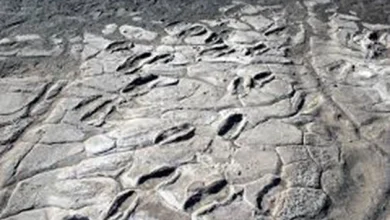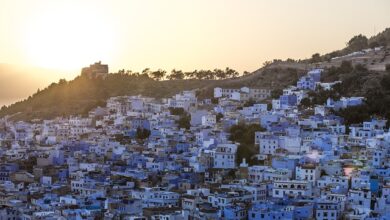The first African country to build roads with recycled plastic
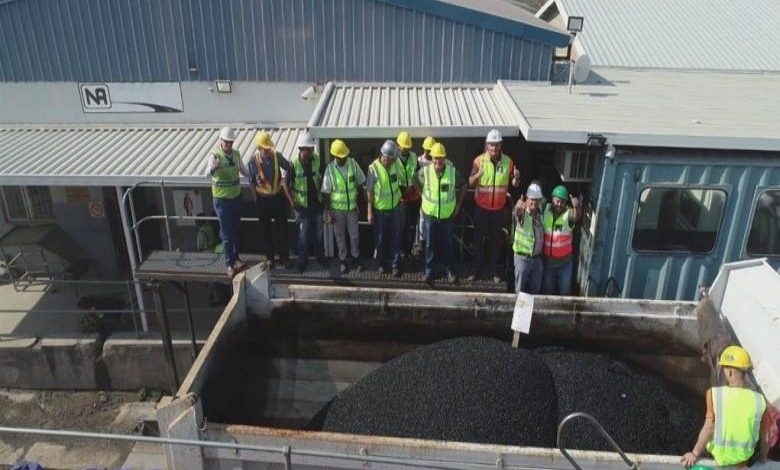
South Africa has become the first African country to build a road with recycled plastic milk bottles.
Plastics made from recycled non-organic plastics are expected to strengthen the road while reducing waste destined for landfills.
According to the South African Road Federation, potholes cost road users about $3.4 billion a year in repairs and injuries.
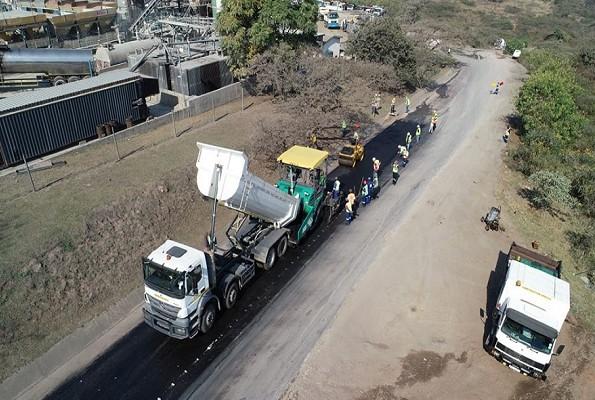
In August, Shisalanga Construction became the first South African company to build a 1.7-kilometer road section, part of the national N3 in KwaZulu-Natal province (KZN), on the East African coast of Africa.
Shisalanga’s director, Donavan Deane Koekemoer said the company had combined two of the country’s biggest challenges, an abundance of plastic waste and damaged roads to produce the first recycled plastic paved road in Africa.
“There is an urgent need to recycle plastic waste in our country to minimize waste sent to landfills and reduce other environmental threats,” he said.
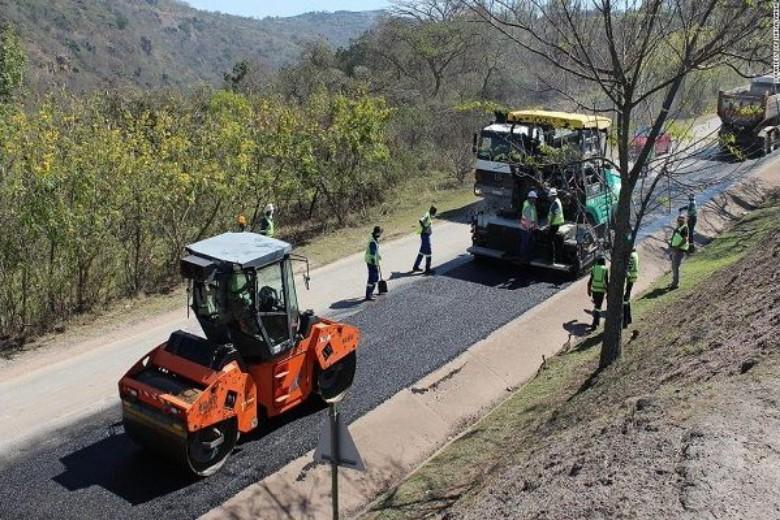
The company uses high-density polyethylene (HDPE), a thick plastic generally used for milk bottles. A local recycling plant turns it into pellets, which are heated to 190 degrees Celsius until they dissolve and mix with additives. They replace six percent of asphalt binder so that each ton of asphalt has about 118 to 128 bottles.
“Less toxic emissions are produced than traditional processes, and its compound is more durable and water-resistant than conventional asphalt, resistant to temperatures as high as 70 degrees Celsius (158F) and as low as 22 degrees Celsius,” said Shisalanga
In South Africa, 70% of recyclable plastic is collected directly from landfills and Shisalanga turns this waste into road-building material to expand the use of this product across the country.
Seventeen years ago, India began building plastic roads, and the concept was replicated in Europe, North America, and Australia.


